What to Do After a Car Accident
A Step-By-Step Guide for Legal Action
Dealing with a car accident can be a stressful and confusing experience. Unfortunately, legal the aftermath can be even more complicated. Knowing what to do after a car accident is vital to protecting your legal rights and ensuring that you receive fair compensation. This step-by-step guide will help you take the necessary legal action to ensure that you are treated fairly and receive the compensation you are entitled to. Next Article.
Check for Injuries
The first thing you should do after a car accident is to check for injuries. If you or anyone else on the scene is injured, you should get medical attention immediately. In many cases, injuries sustained in a car accident will heal on their own, but it’s important to rule out any possibility of more serious injuries. If you’ve been injured, you may be able to file a claim on your own behalf and recover compensation for your injuries. It’s vital that you get a doctor’s note as soon as possible. This will help ensure that your claim for compensation is not affected. A Great Website.
Call the Police and Make a Report
If there were any witnesses to your accident or if the accident resulted in injuries, you should call the police and make a report. The report will help you protect your legal rights and may also be necessary for the other driver’s insurance claim. If the other driver failed to stop, it’s especially important to call the police and make a report. A failure to stop after an accident can result in criminal charges, which will affect that driver’s ability to file a claim. If the accident resulted in injuries, be sure to document your injuries on the report. This will help you in the future if you decide to pursue legal action.
Take Photos and Gather Evidence
Once you’ve checked for injuries and called the police, you should take photos of the accident scene. This will help you remember the details of the accident and provide evidence if you decide to file a claim. You should also gather any other relevant evidence from the accident scene. This may include speaking with anyone who witnessed the accident, as well as getting the other driver’s license plate number, vehicle make and model, and insurance information. This will help you provide more accurate information later on should you need to contact a personal injury attorney.
Exchange Information with Other Drivers
Next you should exchange information with the other drivers involved in the accident. You should collect their driver’s license information, vehicle information, and especially their insurance information. This exchange of information will help protect you and the other drivers involved. It will also help expedite the insurance claim process. If you have a witness who can corroborate your version of the accident, you should also exchange information with that witness.
Contact Your Insurance Company
After you’ve exchanged information with the other drivers, you should contact your insurance company. This is important for two reasons. First, it will help you avoid paying higher premiums when you renew your policy. Second, it will help you protect your legal rights. If you fail to notify your insurance company of the accident and fail to disclose relevant information about the accident, it’s possible that your claim will be denied. It’s important to note that every insurance company handles claims differently. Be sure to speak with your agent about what to expect. Your agent will be able to walk you through the claims process and advise you of the best way to proceed.
Hire a Personal Injury Attorney
If the accident was serious or you believe that the other driver is attempting to defraud you, it may be necessary to hire a personal injury attorney. An experienced personal injury attorney will be able to help you navigate the legal process and ensure that you receive the compensation you are entitled to. In many cases, hiring a personal injury attorney will speed up the claims process and make it easier to navigate the complicated legal system. It will also help you avoid mistakes that could result in delayed compensation or lower compensation than you are entitled to.
Take Legal Action if Necessary
In some cases, the other driver will attempt to deny your claim or offer you less than you are entitled to. In this case, it might be necessary to take legal action. The first thing you should do is speak with your attorney and have them take the lead on legal action. Your attorney will be able to guide you through the legal process, help you avoid pitfalls, and provide you with the best possible outcome.









